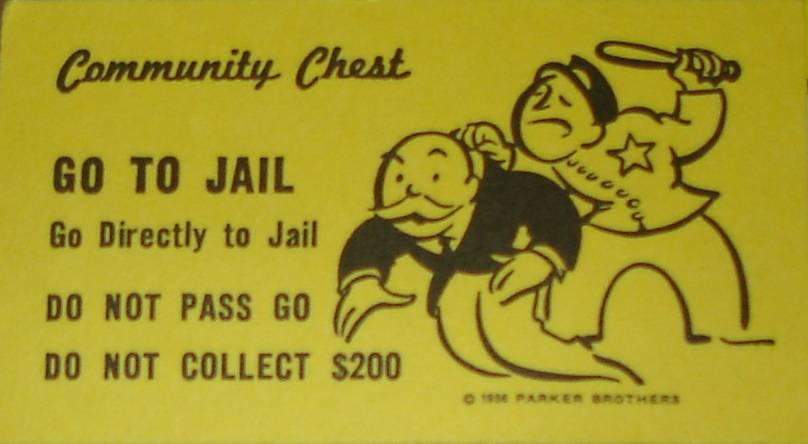What is a Bond is Revocation?
So you’ve been charged with a crime and are released on bond. You are now free to continue with your life while your case is pending providing you follow the terms of your bond conditions. However, if you do not follow the conditions of your bond, the prosecutor and even your bonds person can takes steps to put you back in jail. Its called a bond revocation. This means you may be returned to jail until your case is resolved which can be several months or over a year depending on the charge and complexity of the case.
Why your Bond may be Revoked
As a condition of your bond the court expects you to act in good behavior. Good behavior typically covers the following three categories:
Failing to Appear: While out on bond you are expected to appear for all court appearances unless excused. Too many times I have seen bonds revoked because a person did not update their address and never received notice of a court hearing. It is your responsibility to notify the court of address changes.
Arrested for new crime: if you are arrested for a new crime that may be a reason to revoke your bond. This is a harsh reality because despite being innocent until proven guilty an arrest can affect your freedom while out on bond.
Violation of bond condition: There are certain conditions imposed by the court when you receive a bond and many are different for each case. They can consist of no contact with the victim or the victim’s family members, house arrest, no driving, no contact with certain person of a certain age, failing drug tests, using a computer when not aloud etc. A violation of these conditions can result in going back in jail.
Who Can Revoke your Bond?
Bond revocation is at the discretion of the court. The prosecutor or the bonds person is normally the person who files for the bond revocation where a hearing is scheduled before the court. Typically, you have the right to a hearing on the issues and you can have a lawyer represent you and assert a defense. There are many possible outcomes from a revocation hearing ranging from no change, increased supervision, counseling, weekend jail time, to full revocation where you stay in jail until your case is resolved. The court will typically look at the allegations alleged and then decide if the violation was willful.
Forfeiting the Bond
If you bond is revoked, then your bond will be forfeited. This means that you will be taken back to jail but the pain doesn’t end there. Additionally, the court can seize the money or property put up to make bail. The bonds person may lose out on their fee and be required to make restitution to the court.
Charleston Bond Hearing Lawyer
Contact a Charleston Bond Hearing Attorney now to get the advice and help you need at the Dale Savage Law Firm. The consultation is free, call today at (843) 530-7813 for a Charleston Criminal Defense Attorney.

